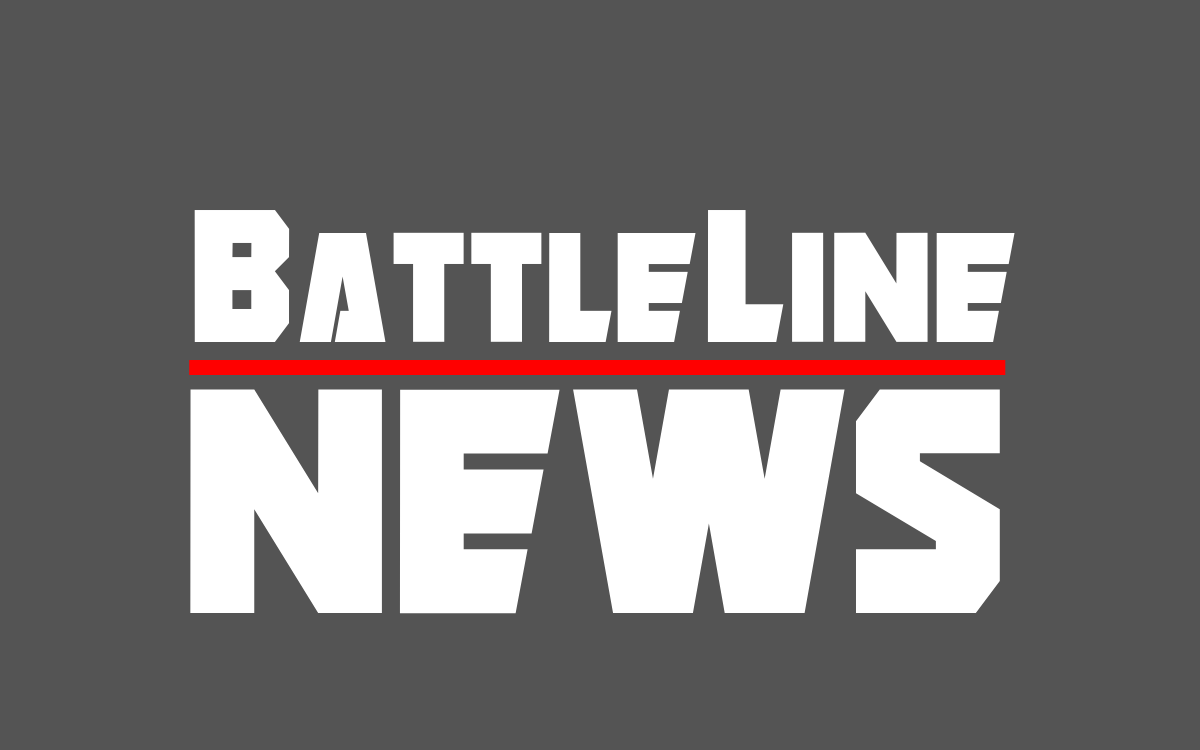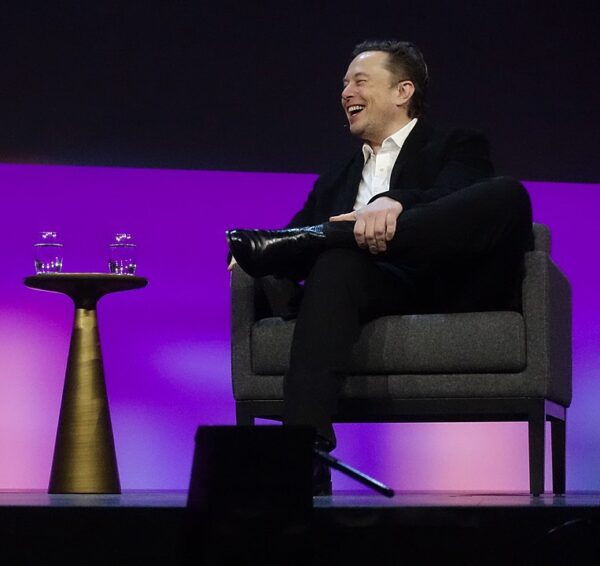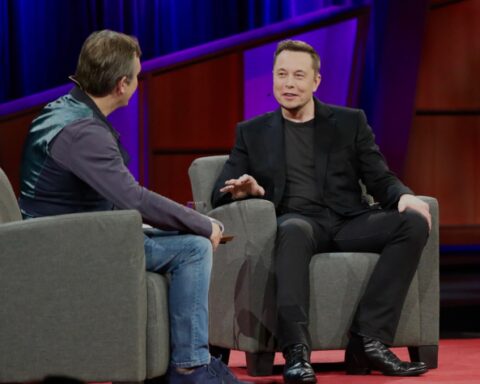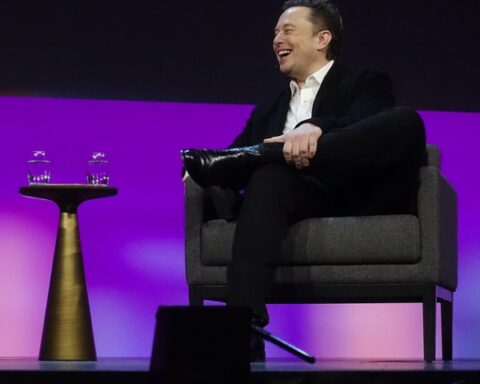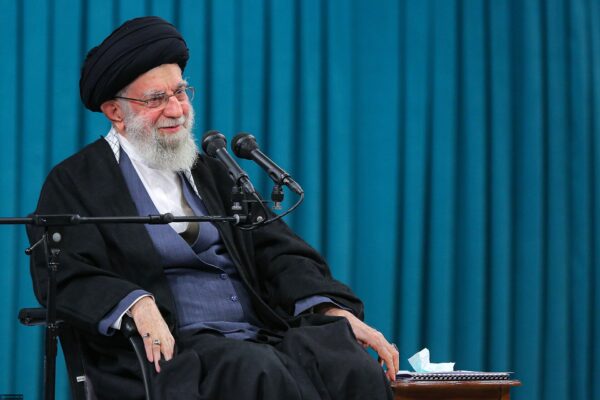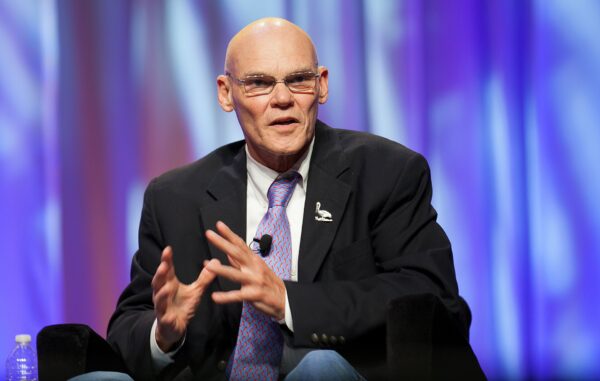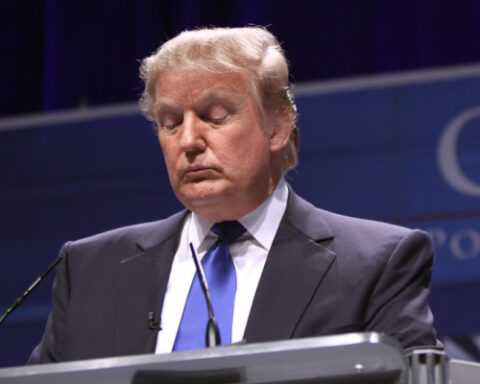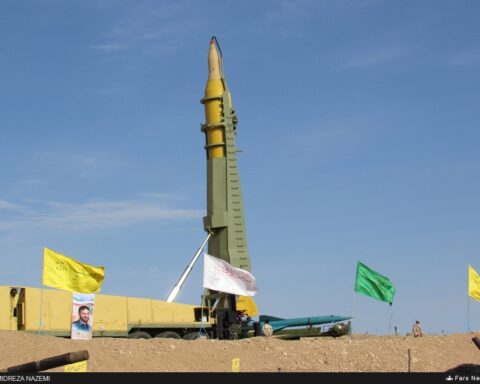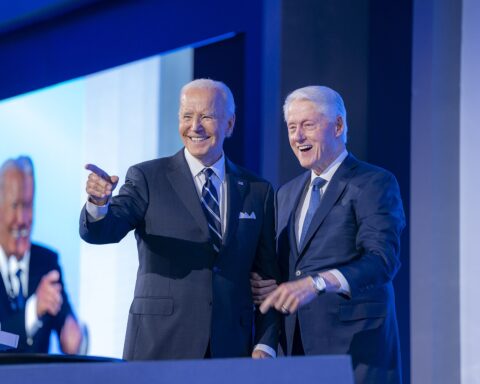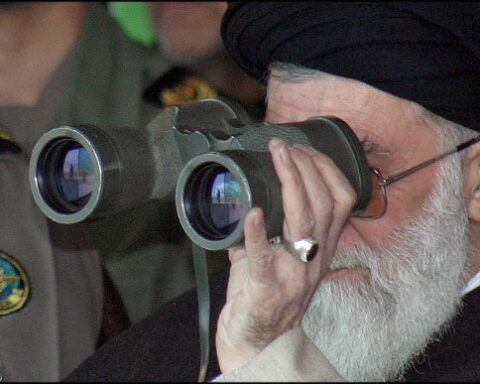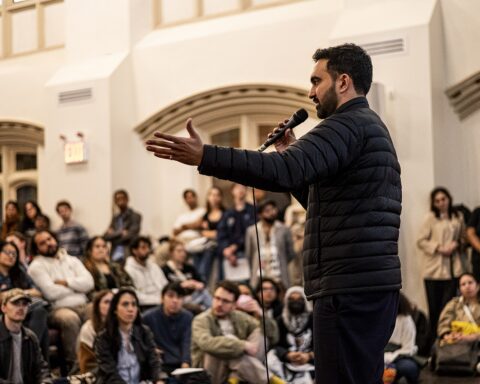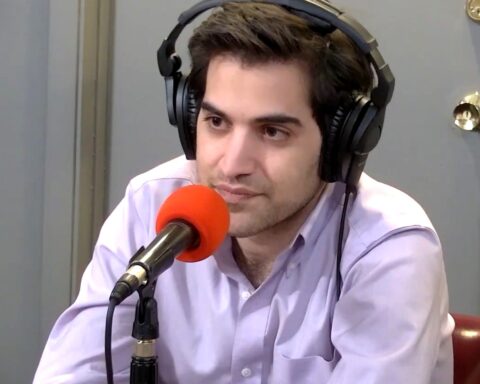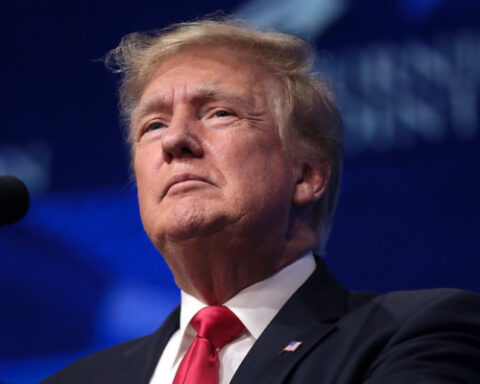In a fervent rebuttal to allegations of drug use, Elon Musk reportedly took to social media on Wednesday to publicly share his drug test results, asserting that he tested negative for a range of substances.
The move followed a controversial report by The New York Times that claimed Musk had turned to drugs during his 2024 presidential campaign, suggesting that his use extended beyond occasional indulgence.
The Times article, titled “On the Campaign Trail, Elon Musk Juggled Drugs and Family Drama,” painted a picture of a candidate grappling with personal and professional turmoil.
Musk, the CEO of Tesla and SpaceX, responded vehemently, accusing both The New York Times and The Wall Street Journal of “lying through their teeth” about his behavior.
“Now let’s see their drug test results. They will fail,” he declared, alongside a photo of his own test results on X, formerly known as Twitter.
The drug test, conducted on June 18, was designed to detect substances that Musk may have recently consumed, although it would not necessarily indicate usage from several months prior.
Previous reports from The Wall Street Journal had mentioned Musk’s occasional use of illegal drugs, including LSD and cocaine, primarily at private gatherings where attendees were required to sign non-disclosure agreements.
In an interview with his biographer, Walter Isaacson, Musk had previously downplayed his drug use, stating, “I really don’t like doing illegal drugs.”
He did, however, acknowledge using prescribed ketamine for depression on a biweekly basis.
Musk’s relationship with mainstream media has long been contentious.
He has frequently criticized outlets like The New York Times for their reporting, particularly regarding the Russia investigation that plagued the Trump administration.
At a recent press conference, Musk questioned the credibility of the Times, referring to its Pulitzer Prize for coverage related to the Russia-Gate scandal.
This latest incident underscores the ongoing scrutiny Musk faces as he navigates the intersection of technology, politics, and public perception.
As he positions himself as a figure of influence and controversy, the discourse surrounding his personal life continues to amplify, raising questions about privacy, accountability, and the role of media in shaping narratives about public figures.
As Musk continues to assert his narrative through social media, the implications of his statements may resonate beyond his immediate audience, reflecting broader tensions between influential figures and the press in an age of information overload.
[READ MORE: Ayatollah Rejects Trump’s Call for ‘Unconditional Surrender,’ Threatens U.S.]
